In the ever-evolving oil and gas industry, prioritising every aspect of workplace health and safety is crucial. While organisations often concentrate on physical hazards associated with manual labour and heavy machinery, it is equally important to acknowledge that significant workplace health concerns may exist within the confines of office spaces.

In response to growing concerns about workplace health and productivity, the management team of a major Perth-based oil and gas company was tasked with identifying potential health and safety issues facing their teams and initiating team discussions about the issues identified. As part of this initiative, Meridio delivered a series of sessions focusing on fitness and fatigue management.
The Challenge: Perceptions on Hydration
Our Managing Director, Greg Stagbouer, focused the workshops on addressing a prevalent but often undervalued workplace concern: hydration. This focus was initially met with scepticism by the workshop attendees, who were white-collar workers in an urban office setting. Many assumed that their hydration levels were sufficient, given their sedentary roles. This lack of recognition of the significance of hydration in their daily lives reinforced the need for education and intervention regarding this overlooked aspect of workplace health.
What began as a small series of sessions evolved into a comprehensive initiative, fueling heightened awareness and proactive fitness and fatigue management. Our tailored program sparked a cultural shift within the organisation, leading to a transformation of focus on hydration management and enhanced employee health and productivity.

The Intervention: Re-education on Health, Fatigue & Hydration
Greg Stagbouer prompted employees to reflect on their hydration habits during the initial session. Interestingly, only those physically exercising before work had consumed any water before the session. Subsequent hydration testing revealed that the majority of those who had volunteered to be tested were at least mildly dehydrated, with a handful being severely dehydrated. This finding prompted a deeper discussion on the impact of dehydration on cognitive function and overall well-being.
Recognising the pervasive nature of the issue, the company extended its collaboration with Meridio, dedicating a day per week for three months to address hydration and related wellness topics. Sessions focused on reeducating employees about nutrition, the importance of balanced diets, and the dangers of excessive caffeine consumption.
Specific interventions:
- Testing and assessment: Volunteers underwent hydration testing, revealing widespread dehydration.
- Training and Development: Employees received comprehensive education on hydration, diet, and the dangers of excessive caffeine consumption. Additionally, once the problem had revealed itself, Meridio was tasked with designing and implementing a hydration module in the company’s induction program.
The Results: Improved Health and Productivity and a Culture of Hydration

After three months of targeted intervention, the company witnessed a transformative shift in workplace culture and employee well-being:
- Improved health outcomes: Many employees experienced better sleep and increased energy levels, while one Type 2 diabetic employee reported improved symptoms.
- Enhanced productivity: Employees reported heightened alertness and productivity, with some reducing coffee intake and saving money as a result.
- Cultural transformation: The office environment underwent a significant shift, with colleagues actively encouraging each other to prioritise hydration and wellness, as evidenced by observed peer support and staff-initiated hydration competitions.
- Sustainability and Long-Term Impact: The success of the hydration initiative prompted the integration of wellness practices into the company’s induction process. By prioritising employee health and well-being, the company has fostered a more supportive work environment and established a foundation for sustained productivity and success. Additionally, the program prompted the company to invest in increased water stations and branded water bottles, further supporting sustained success.
Through proactive management and strategic collaboration with Meridio, a major oil and gas company successfully addressed a critical issue regarding workplace hydration. By prioritising education, intervention, and ongoing support, the company has set a new standard for workplace wellness, ensuring the health and productivity of its employees for years to come.
